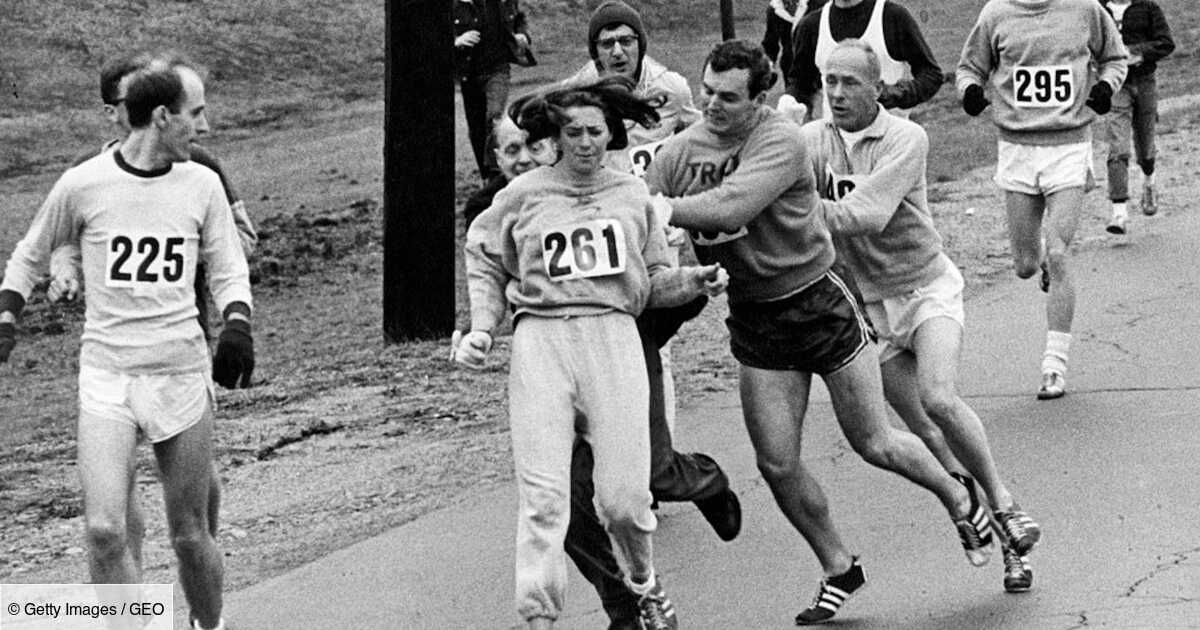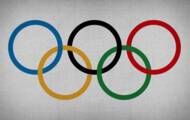It’s a beautiful story of self-transcendence and bravery, one of those of which ancient Greece has the secret. Or rather, two distinct stories, the sporting exploits of the mythical Greek runners Eucles and Phidippides, reported respectively by Herodotus and by Plutarch.
Where does the name “marathon” come from?
The first, Eucles, would have been sent at the end of the battle of Marathon, which opposed September 13, 490 BC. AD a Persian landing to the Athenian and Plataean hoplites, to announce the victory of the latter in Athens. His message delivered, he would have died of exhaustion.
The second, Phidippides, would have been sent from Athens to Sparta to warn the allies of the arrival of the Persians on the east coast of Attica. Eucles would have traveled 42 kilometers in a few hours, Philippidès 250 km in 36 hours.
The historicity of these anecdotes has never been formally proven, and the rhetorician Lucian of Samosata, later than Herodotus and Plutarch, merged them into one: the story of Phidippides, who would have run from Marathon to Athens and would be death from his exploit.
⋙ “One… two… three… leave!” This is how the first Paris marathon went
The Battle of Marathon, a military and political victory
Very quickly, the Athenian propaganda set up the victory of Marathon in symbol: that of the Greek City resisting heroically the attempts of invasion of the “barbarians”, in this case the troops of the Persian king Darius. Marathon then serves as an ideological justification for the hegemony of Athens over the Greek world, following the victory of Salamis in 480 BC. J. – C. then of the foundation of the league of Délos in 472 av. J.-C. The alliance becomes a real empire and the Athenians impose their story of the first Persian war, erasing in particular the Persian victories and the contribution, however crucial, of the other Greek cities like Plataea.
“In the books of my childhood, writes the archaeologist Henri Van Effenterre in The Greek City: from its origins to the defeat of Marathon (Hachette, 1985), under the colors of Épinal images, as in blockbuster films, the battle of Marathon has remained the symbol of patriotism in the fight against all despotisms.
Who created the marathon?
But if the name of Marathon remained in the memories, contrary to that of Salamis, it is thanks to the homage that Pierre de Coubertin made to this legendary messenger. The intellectual and pedagogue of the Third Republic, at the origin of the restoration of the Olympic Games in 1894, introduced from the first edition a new running event over forty kilometers, i.e. the distance which separates Marathon from Athens .
⋙ Malek Boukerchi: “The day I ran 142 kilometers in Antarctica”
Why is the marathon distance 42.195 km?
It was not until 1908 that the modern distance of 42.195 km was fixed during the London Olympics, on a whim of the Windsors: the race was to start at the castle and end at the feet of the royal family, in front of their lodge.
The first Olympic marathon of the modern era was won in 1896 by a Greek shepherd, Spyrídon Loúis, in 2h 58min 50s. Since then, its symbolic significance has remained intact: the Greek runner Stamáta Revíthi is, the same year, the first woman to complete the distance at the Athens Olympics – but she has to run alone, the day after the men’s race.
It was not until 1967 that a woman ran a marathon, that of Boston, at the same time as the men: Kathine Switzer, whose photo then went around the world, and who paid for her audacity by being excluded from the athletics federation . Finally, it was again the marathon that allowed the Ethiopian long-distance runner Abebe Bikila to become, in 1960, the first black African Olympic champion.
Read also:




